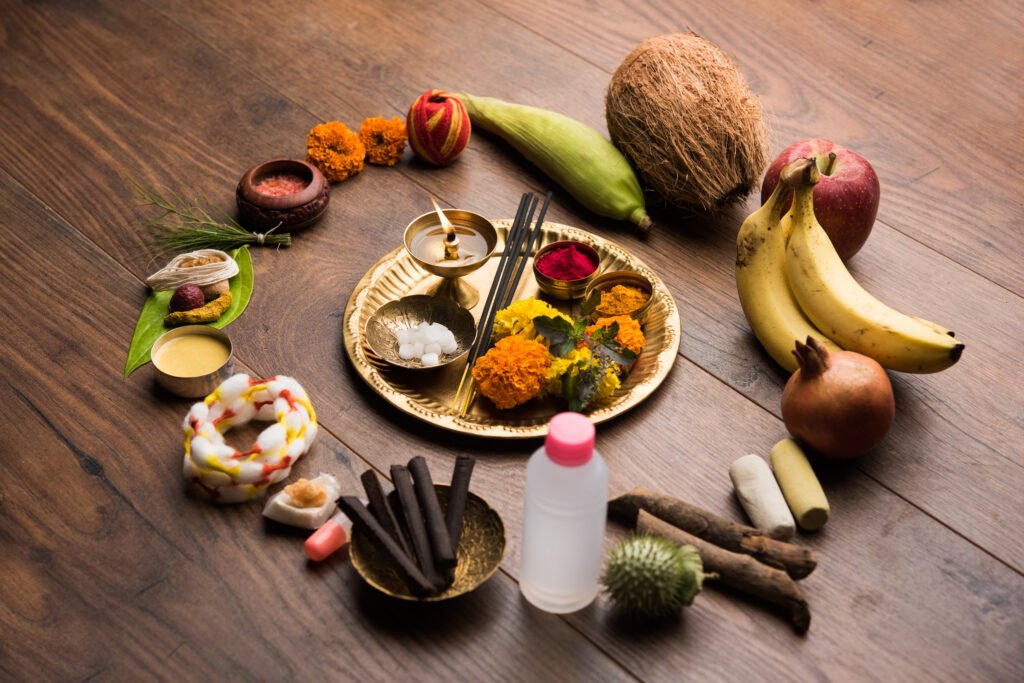Allergic rhinitis, often characterized by sneezing, nasal congestion, and irritation, is a condition that disrupts the quality of life for many. Ayurveda, with its time-tested holistic approach, provides natural and sustainable solutions for managing this condition. Known as Vataj Pratishyaya in Ayurveda, it is not just about symptom relief but addressing the root cause to prevent recurrence.
Understanding Vataj Pratishyaya
In Ayurveda, Vataj Pratishyaya is linked to imbalances in the Vata dosha, often aggravated by exposure to cold, pollution, poor dietary habits, and stress. Common symptoms include:
•Continuous nasal discharge
•Sneezing bouts
•Nasal congestion
•Headaches and throat irritation

The modern lifestyle, with its emphasis on processed foods, exposure to allergens, and stress, further exacerbates this condition.
Ayurvedic Approach to Allergic Rhinitis
Ayurveda addresses Vataj Pratishyaya with a combination of therapies, dietary guidelines, and lifestyle changes to eliminate the root cause and strengthen immunity.
1.Avoiding Triggers (Nidana Parivarjana)
Avoiding allergens and stressors is crucial. Simple steps include:
•Limiting exposure to dust and cold weather.
•Avoiding milk products, frozen foods, and processed snacks.
•Practicing stress management techniques like yoga or meditation.
2.Improving Digestion (Agni Chikitsa)
Allergic conditions often stem from poor digestion (Ama or toxins). Herbs and spices that improve digestion, such as ginger, cumin, and turmeric, are integral to Ayurvedic remedies.
3.Therapies for Symptom Relief (Kriyakalpa)
•Nasya (Nasal Therapy ): Using medicated oils like Ksheerbala Taila or Anu Taila helps clear nasal passages and reduces inflammation.
•Steam Inhalation: Infused with decongestant herbs like eucalyptus or Amrit Bindu, this therapy provides instant relief from congestion.
•Gargling (Kawal): Gargling with Triphala decoction soothes the throat and reduces irritation.
4.Herbal Remedies
•Haridrakhand: A potent combination of turmeric, ginger, and other herb
•Triphala Guggulu: Known for its detoxifying properties.
•Draksha Asava: Supports respiratory health.
Dietary and Lifestyle Recommendations
Pathya (Beneficial Practices):
•Eat warm, easily digestible foods like soups and Mudga Yush (mung bean soup).
•Include ghee in meals to enhance digestion and balance Vata.
•Practice regular Shiroabhyanga (head massage) with medicated oils.
Apathya (Avoidable Practices):
•Avoid cold drinks, ice cream, and day sleeping.
•Refrain from retaining natural urges like sneezing or coughing.
•Limit exposure to wind, dust, and extreme weather conditions.
Reference
Kaur, H., Keskar, M., Sharma, S., & Rathod, R. (2023). Ayurvedic management of Vataj Pratishyaya – A case study. Bulletin of Environment, Pharmacology and Life Sciences, 12(7), 334–339.



